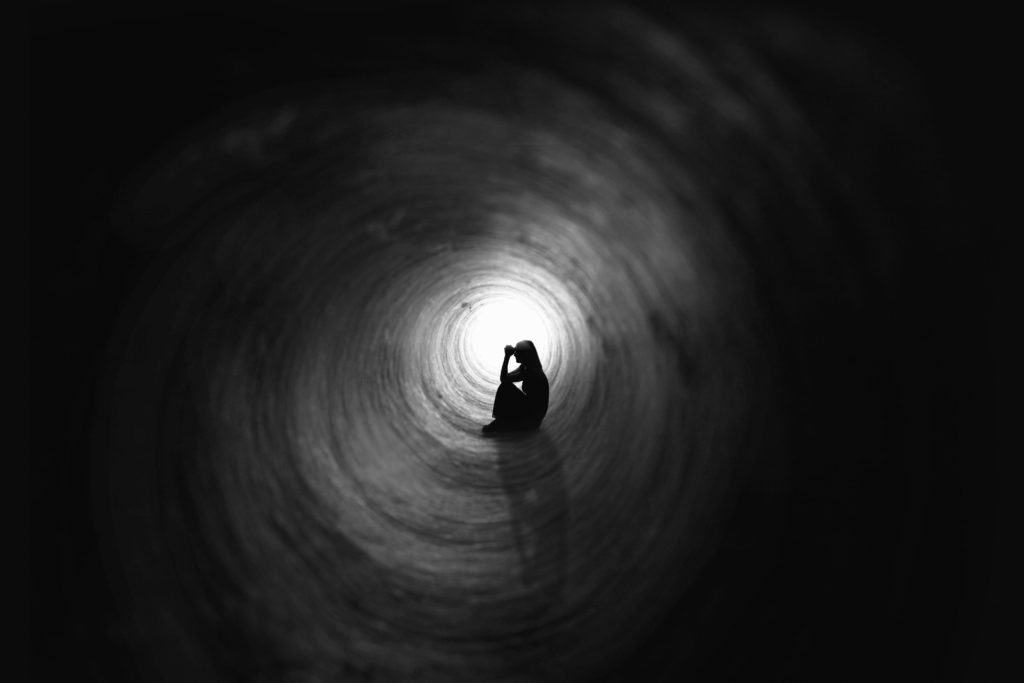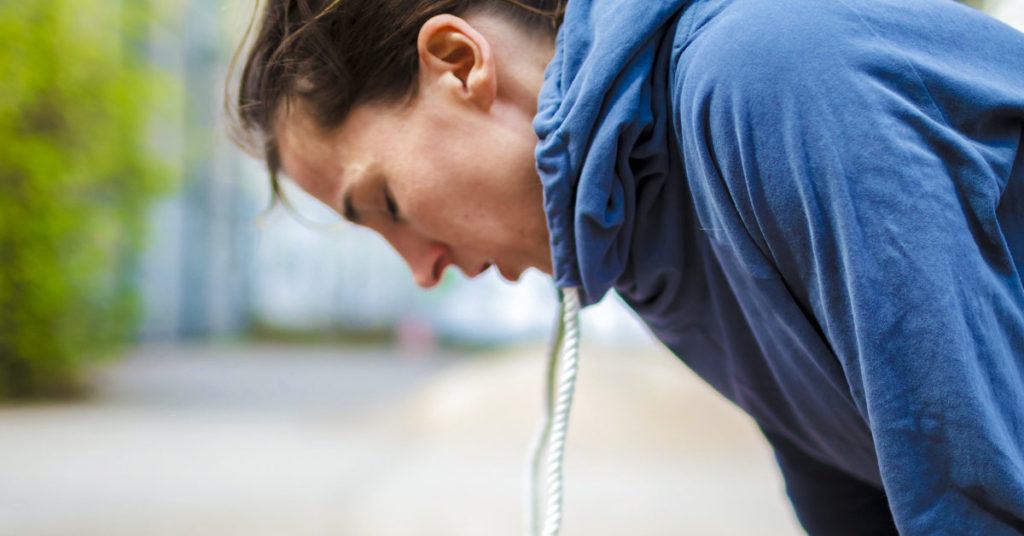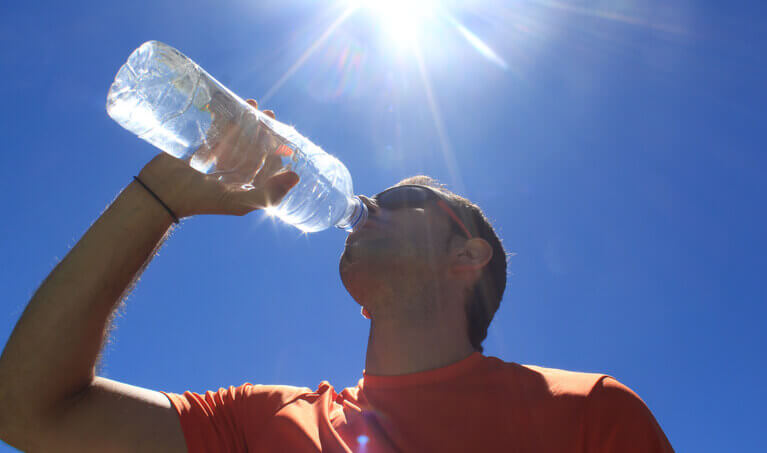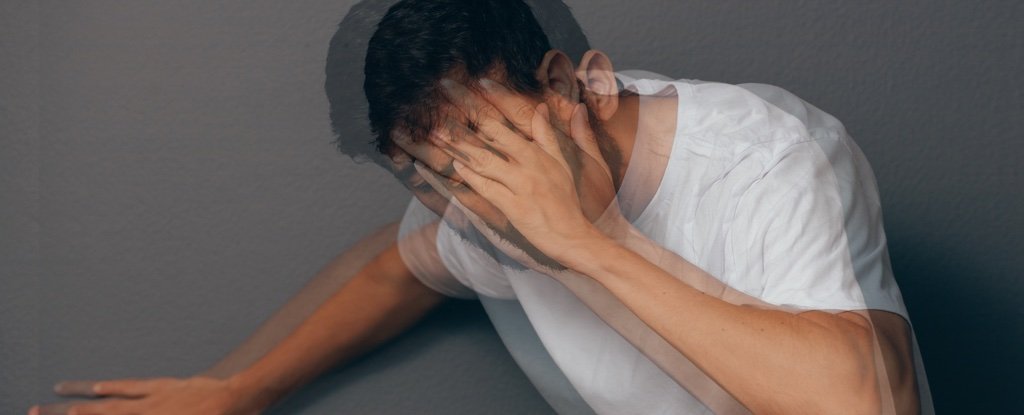We often think that anxiety is just an emotion but it’s not. Anxiety may just be a part of a bigger problem that we don’t know about.
What is Anxiety?

According to the American Psychological Association (2020), anxiety is an emotion that is characterized by feelings of tension, worrying thoughts. It may also cause an increase in blood pressure, dizziness, trembling and palpitations.
Anxiety is a common emotion that is experienced by people but in some circumstances becomes a disorder when one fits the criteria for it. Other symptoms of panic disorder depend on the type of anxiety disorder that they are suffering from. In people who have panic disorder, they may feel an abrupt onset of intense fear or discomfort that lasts for a few minutes while people who suffer from generalized anxiety disorder may experience constant and persistent excessive worry.
Can Anxiety Cause Dizziness?

Anxiety is not only psychological but may also present with physical symptoms such as dizziness, lightheadedness, palpitations, increase in sweating, increase in blood pressure and even trembling. According to studies, 28% of people who experience dizziness were known to have at least one anxiety disorder. Severe dizziness may even lead to fainting. Anxiety can cause dizziness in several ways:
1. Vasovagal syncope – the most common cause of fainting. Vasovagal syncope causes the blood pressure to suddenly drop which immediately causes confusion, dizziness and eventually lead to sudden loss of consciousness. Majority of anxiety disorders have this symptom, and it is one of the most common reported symptoms of patients who unknowingly suffer from an anxiety disorder or having panic attacks.
2. Subjective Sensations – since anxiety is also considered as an emotion, a person who is anxious may be emotionally unstable. When a person’s mind is filled with worry or thoughts, this may lead to developing a subjective feeling of dizziness.
3. Hyperventilation – this commonly occurs in people who are having anxiety or panic attacks. Panic attacks cause an intense fear or discomfort for a person that causes them to have shortness of breath. Hyperventilation deprives the brain of oxygen that leads to dizziness and even fainting.
Other Causes of Dizziness

There are many probable causes of dizziness aside from anxiety. Here are the most common causes of dizziness that you should take note of:
1. Dehydration – people who are not eating or drinking enough may cause one to be dehydrated. Our body release heat and thus needs fluids to prevent it from overheating. Low intake of fluids may cause the volume of the blood and your blood pressure to decrease that may deprive your brain of its much-needed blood causing you to feel dizzy or worse, faint.
2. Low Blood Sugar – everyone needs to eat in order to keep the body function. Many people say that sugar is not healthy but not having enough blood sugar may also cause your body to not function properly. Like dehydration, low blood sugar also affects the brain and may also cause dizziness and lightheadedness. Drink a juice or eat a biscuit if you can’t eat your meals on time. You cannot function properly if you don’t have energy in your body.
3. Vertigo – it is a sensation of feeling off balance. Vertigo causes one to have dizzy spells where a person may feel like the world around them is spinning even when just standing. Vertigo is often caused by an inner ear problem and warrants consultation to determine its cause.
Treatment

Although anxiety is a mental health problem and can be overwhelming for some, it is also important to take not that it is treatable. There are Psychologists and Psychiatrist who are willing to help you get the right support and treatment that you need. Some of the most popular treatments of anxiety are:
Cognitive Behavioral Therapy (CBT) – it is a short-term and goal-oriented treatment where its approach is through problem-solving. This psychotherapy’s goal is to change one’s thinking or behavior to help them overcome their fears and thoughts.
Support Group – There are many support groups for people who are known to have anxiety disorders. They are a community that helps each other go through their difficult moments in life and help each other identify useful lifestyle changes and possible treatment strategies.
Medications – Doctors may also prescribe medications to minimize symptoms of anxiety.
